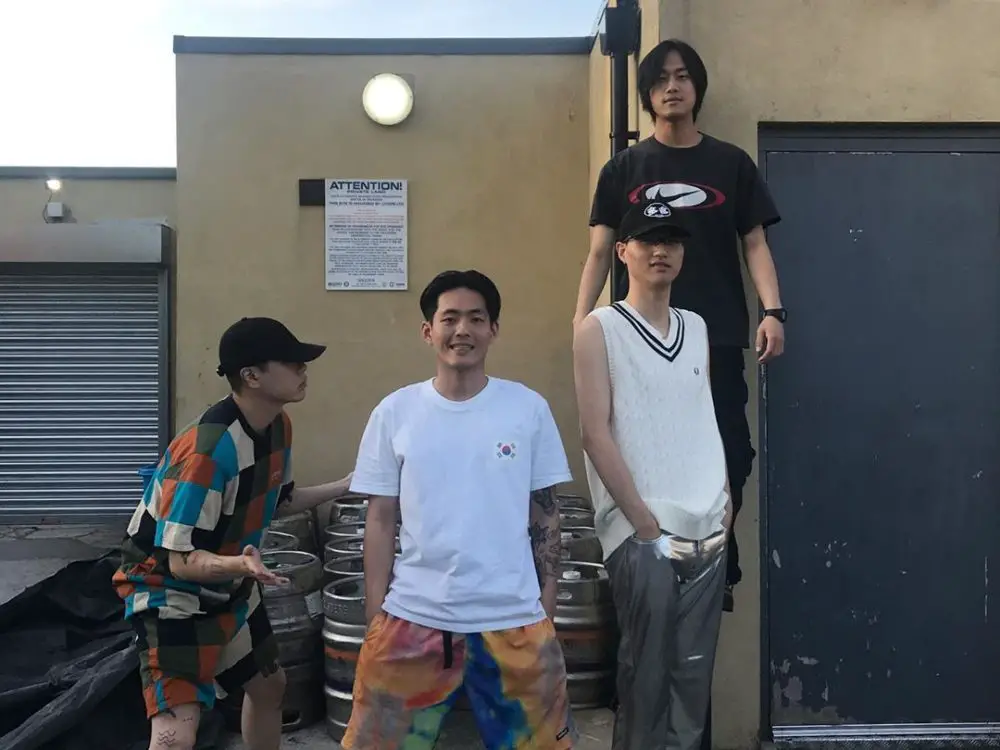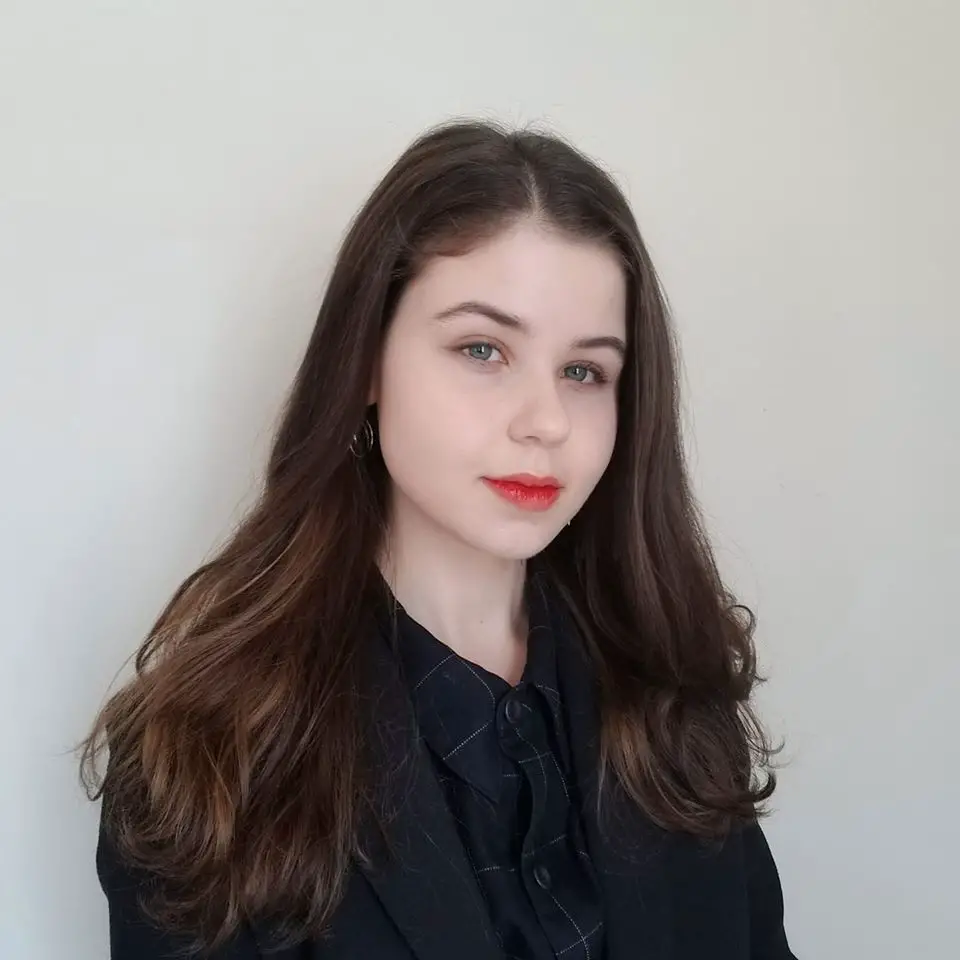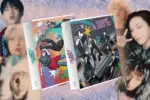The widely known and widely loved Korean pop music mania seems here to stay. For some reason, the music is often equated to candy — perhaps because of the bright, bubble-gum mood that has pervaded the genre since the early 2000s, but maybe also because of the vibe of the music scene; it’s sweet, addictive and brazenly produced for the masses.
The pervasive nature of the K-pop phenomenon has led to undeniable Korean cultural influence in the U.S. today. Some people call it Hallyu (meaning “wave/flow of Korea”), while others might call it an inspiration to post dance videos on TikTok. What was once a market that was mostly concentrated in East and Southeast Asia has now gone global.
But despite all of the fanfare around K-pop, something else is happening in the Korean music industry that has impacted the way in which Korean music is perceived among global listeners. This shift is perhaps best embodied by the band Hyukoh, an indie-rock group that never expected to rise on international charts, let alone embark on a world tour.
In sharp contrast to the careful image-making of Korean pop stars, the group, at first glance, seems like an echo of the past. Their music follows suit, topping off melodic guitar, subtle bass and soft drums with leader Oh Hyuk’s lilting vocals. Altogether, it’s somehow fresh and yet holds traces of different sounds, drawing from Western ’70s rock music, soul and R&B. The leader and founder of the band, Oh, is mostly responsible for writing the music and the lyrics. His style of writing lyrics is a multilingual one, mostly blending Korean and English to express the turbulence of youth and incorporating themes like heartache, love, melancholy and ennui. Notably, they also released a song in Chinese accompanied by a colorful music video filmed in Mongolia.
Until their overnight fame in 2015, the group was active in the underground Korean music scene, playing for small crowds in Hongdae, one of Seoul’s most trendy clubbing neighborhoods. Oh acknowledged this indie music scene in an interview, telling Hypebeast, “The biggest market (in Korea) is no doubt K-pop, but there is a band scene that has worked hard and maintained for a long time regardless of the commercial market.” According to Oh, it is a scene that is not limited by genre — a sentiment that the band has applied to their own music.
During interviews, Oh skirted around questions regarding a genre classification for the band’s sound, urging their audience to listen to the music and see for themselves. He also expressed a wish that the music would not instantly be labeled based on the nationality of the band members, or the language in which the music is written, stating in a 2018 interview that he preferred that listeners not immediately label music as South Korean or K-pop, and “just absorb it as music.”
To refrain from the rigidity of labels is to allow something new to come in, which applies to creativity, experiences and — apparently — industry niches. It seems it was this mindset that positioned the band as a popular alternative to the mainstream. In fact, Oh rejected more than just genre labels. He also rejected some of the biggest music companies in the game, including S.M. Entertainment, Y.G. Entertainment and JYP Entertainment, who all wanted to sign him as a trainee. He went on to produce his own music under the moniker Hyukoh, and the other members (bassist Im Dong-geon, guitarist Lim Hyun-jae and drummer Lee In-woo) joined him through chance connections.
The process (or lack thereof) behind the creation of the band may seem natural, but it’s radically different from the process by which large companies make Korean pop groups — handpicking members for their dancing skills, vocal prowess or their face and placing them into carefully engineered roles. K-pop idols are also trained in public speaking and poised in interviews, anticipating the questions and glossing over rough spots. Hyukoh’s interviews, by contrast, are quiet, minimal and sometimes undeniably awkward.
While the goal of Korean pop music is to reach as wide an audience as possible, sell out as many shows as possible and sell as much merchandise as possible, Korean indie artists truly have to start from the ground up, and Hyukoh was no exception. Their days performing in small venues in Hongdae ended in July of 2015, when they appeared on the popular Korean TV Show “Infinite Challenge.” Overnight, songs that they had released in May were charting on Billboard — a sudden catapult to fame. Hyukoh eventually went on to sign with HIGHGRND, an indie sub-label of music giant YG Entertainment, and continued to build an audience overseas. Their global popularity led to a world tour in 2019, which ended with a performance at Coachella.
What their global recognition seems to indicate is the growing possibility for Korean indie artists to perform for large audiences, leaving the streets of Hongdae to climb up the charts. The Korean pop craze might be partially responsible for the band’s spike in global recognition, but Hyukoh’s sound, image and approach to creativity draw a striking contrast to the rigid, factory-like K-pop industry. The hope is that other young Korean indie artists might see what defying labels can do for a band, opening up paths for true creative expression. As for Hyukoh, their 2020 tour was mostly canceled due to COVID-19, but their fans can be sure that a new take on love, youth and the pursuit of happiness is right around the corner, in a style that can’t be labeled.
















